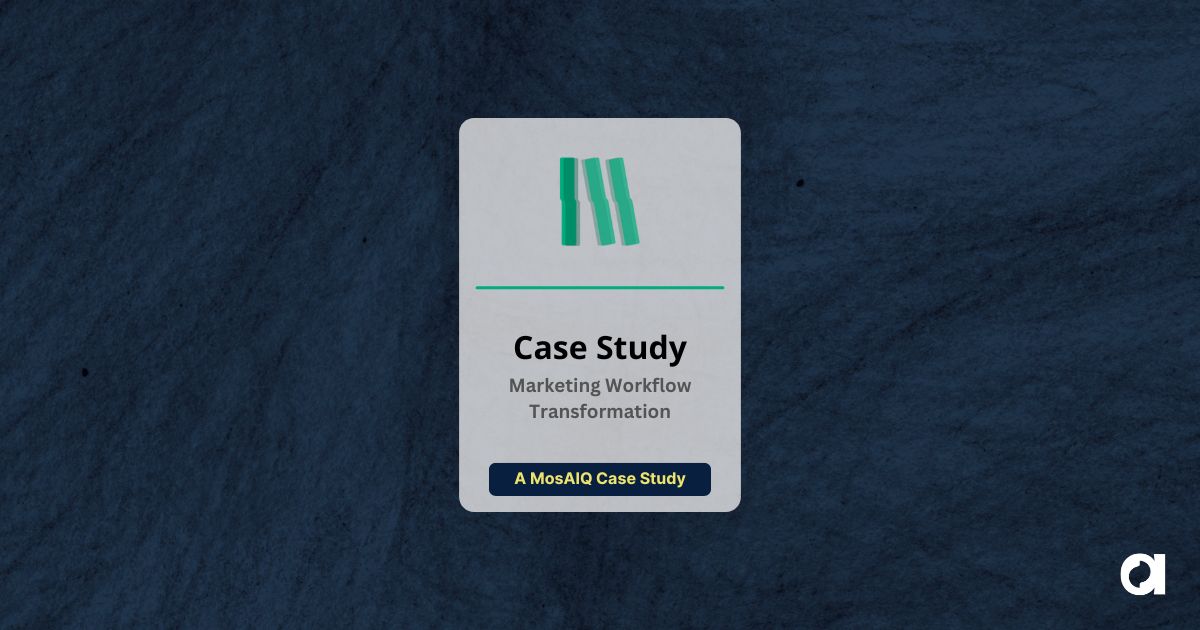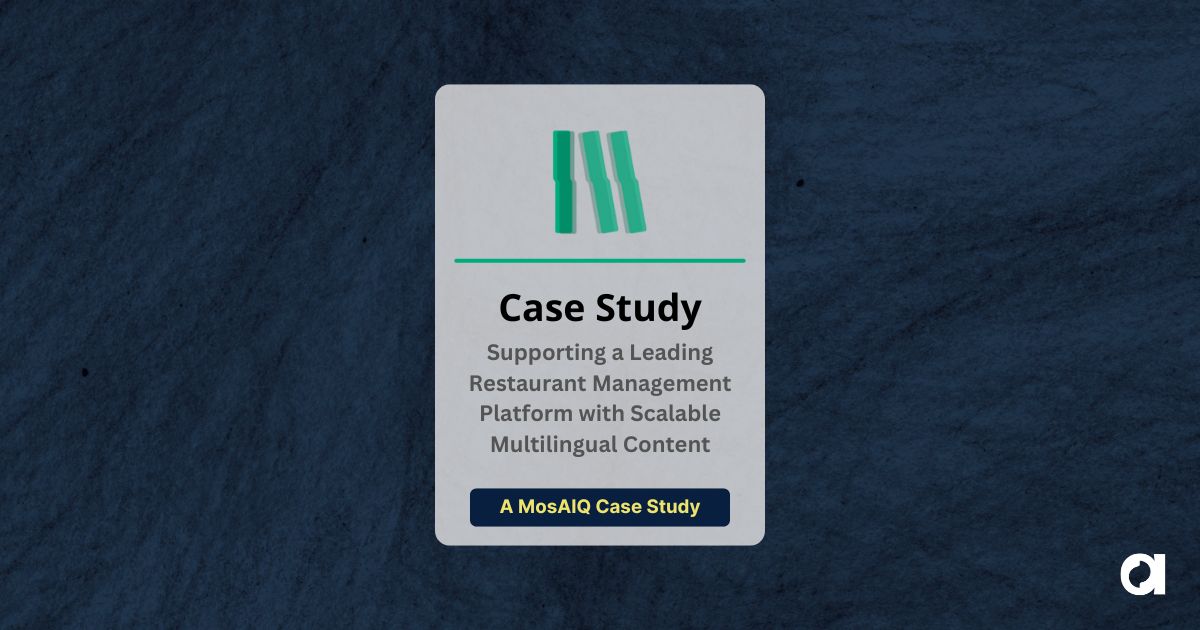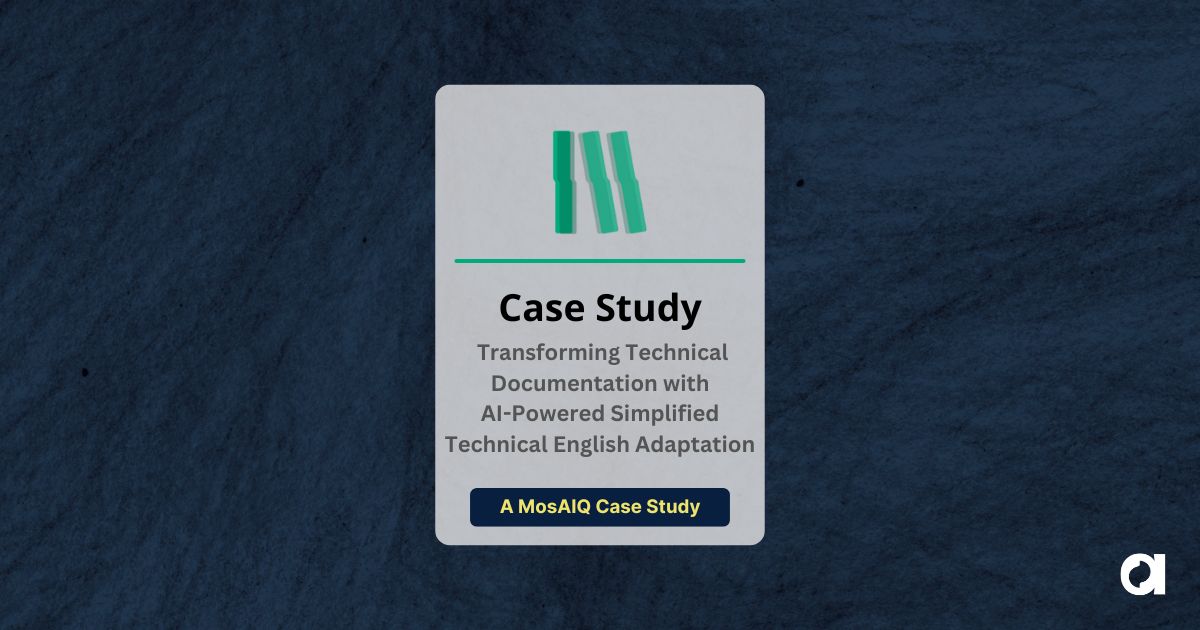The search for a Covid-19 vaccine has the life sciences industry firing on all cylinders. What role will translation and localization play in their efforts?
The trillion-dollar pharmaceutical industry is devoted to bringing breakthrough treatments and therapies to market. It’s a formidable goal that’s made even more so by the fact that every revolutionary device or life-saving vaccine needs to take global and multilingual audiences into account. When a Covid-19 vaccine is finally developed, it’s going to face several challenges on the way to global acceptance that only quality translation and localization can overcome:
- Translating jargon with precision. When it comes to medical translation, language fluency is only half the battle – the translator involved also needs to be highly knowledgeable regarding medical lingo in order to produce translations that properly represent the idea of the content being translated.
- Communicating with accuracy as well as sensitivity.Cultural sensitivity should always be a top priority in translation, but its importance is highlighted when addressing medical issues. How one culture refers to a health condition is often notably different from another. Being flexible with both words and graphics is the most effective way to convey a message in another language or geography.
- Managing multiple specialized medical areas. The life sciences and pharmaceutical fields are full of specialties and sub-branches of specialties, many of which have complex names. Accurate translations require subject matter experts to play a key role in the translation and localization process.
The guarantor of quality
Incorporating practices from both localization and translation, linguistic validation is the process of culturally and linguistically adapting clinical outcome assessment materials for target trial participants. It involves a series of translations and tests that exist to confirm that a new vaccine or medication has been properly adapted for not just a target language, but a target culture as well. Done properly, it helps researchers guarantee that the translated content is true to the source material, and that it is understood in the same way everywhere. It’s also necessary to satisfy US Food and Drug Administration (FDA) regulations concerning content validity for clinical trial translations, which means it’s going to be an essential step in bringing any Covid-19 treatment to the market.
The right tool for the job
At Argos Multilingual, we’re aware of the importance of linguistic validation and we know that a mistranslation or even a misunderstanding of a translation can result in medical complications or the rejection of an entire clinical research project. That’s why market-leading clinical research companies and pharmaceutical manufacturers have come to depend on us and our Quality at Source approach. Our emphasis is on finding the potential errors in the source text and giving our people the tools to help them identify errors as early in the process as possible.
Click here to learn more about how we manage quality control and see some of the other tools that are available to us.
Want to know more?
 Argos Multilingual
3 min. read
Argos Multilingual
3 min. read
Poorly translated marketing content leaves a terrible brand impression. How can translators get it right in the language of the EU’s economic powerhouse? With the biggest economy in the European Union (and the fourth-largest in the world) Germany is home to some of the world’s best-known corporations and on the front line of new technologies. […]

 Argos Multilingual
3 min. read
Argos Multilingual
3 min. read
The search for quality, error-free translations has led companies to a wide variety of potential solutions, but is back translation the best one for your content? There’s a lot of confusion over what exactly we mean by the term itself, but at its most basic back translation means taking a document that’s been translated into […]











